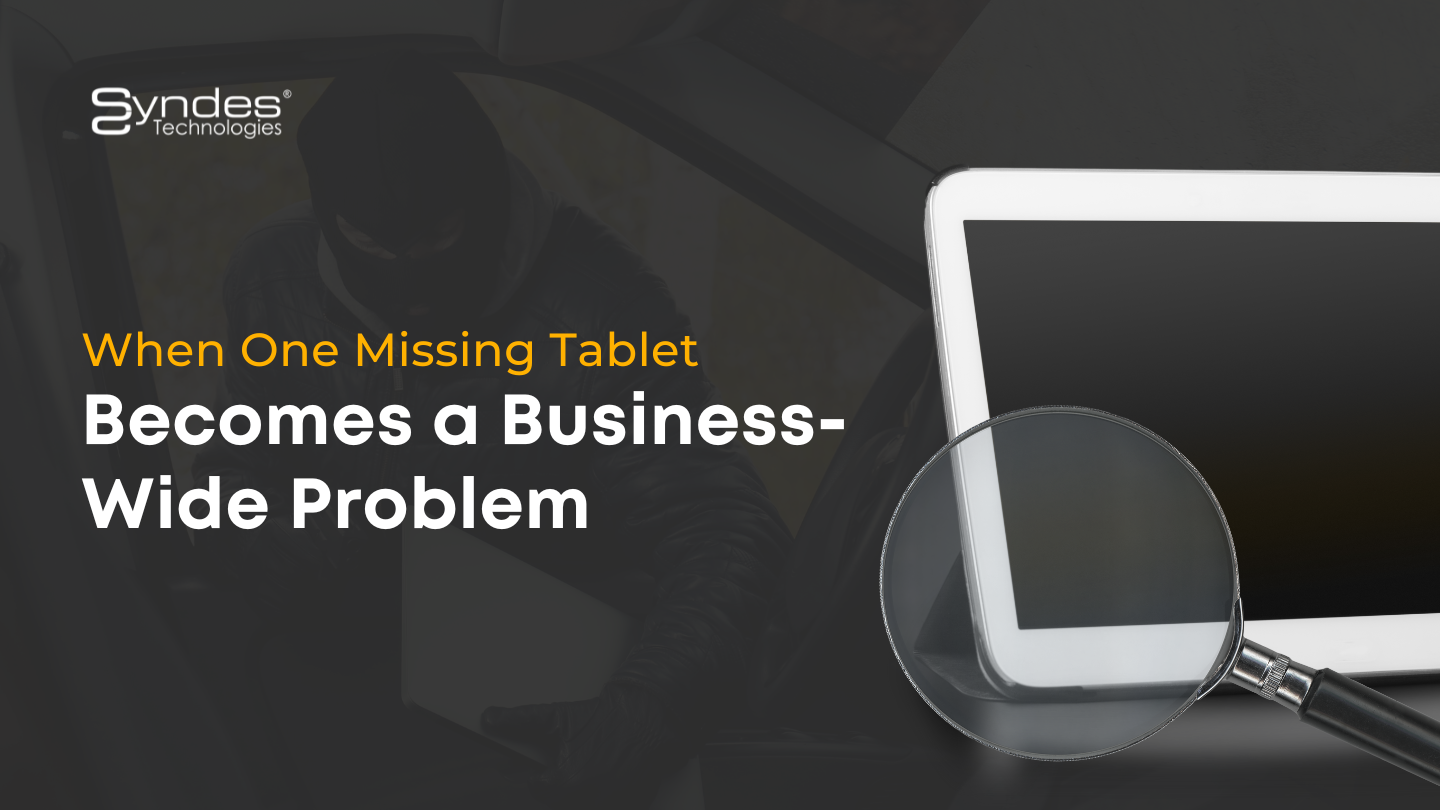
Is FinTech the Future of Supply Chain? – Part 2
New Technologies Push FinTech Forward
One out of four companies are currently using some form of FinTech in their supply chains, according to a report from CGN Global.
From here on out, the industry is likely to see FinTech platforms take away processes that have previously only been handled by big banks, or banks will partner with the technology providers themselves. Some banks may adopt FinTech solutions into their own platforms.
“FinTech will continue to take processes that a big bank traditionally handles and accelerate it, which makes FinTech very appealing to suppliers and buyers seeking funding,” adds DeVries.
“Not to be outdone by FinTechs, big banks are taking a hard look at partnering with FinTech firms, and even modernizing the digital experiences they offer for supply chain finance, such as re-imagined treasury systems. These changes are enormous projects for banks though, and take a long time to make it into the hands of CFOs.”
FinTech is also more accessible for supply chains, as software-as-a-service (SaaS) has paved the way for software companies to build better solutions

“Fintech has never been more accessible. Now any business can feasibly become a fintech business with the right technology partner,” says De La Cruz. “ The introduction of Software-as-a-Service (SaaS) fundamentally changed the way software companies are built, making it easier and faster than ever to build and launch a software company. The same is now happening in the fintech space which could mean major changes for how buyers and suppliers approach their own financial needs and requirements.”
Some companies have even created their own FinTech solutions and offshoot companies to better handle finances and payouts.
Uber Money, for example, allows drivers and couriers to have access to immediate funds after every trip instead of waiting for a weekly paycheck. The platform also offers a variety of services such as debit accounts, a digital wallet and a relaunch of Uber credit card.
Braintree, a division of PayPal, helps online businesses manage financial security. And, Carta, Palo Alto, Calif., is a platform that allows companies to manage and track equity, administer portfolios and back office processes and track regulations.
The list goes on and on, and the ways supply chains are implementing FinTech are endless.
“The always present tension over buyer/supplier payment terms is another area where FinTech can make an impact,” continues De La Cruz. “Certain FinTechs have created more appealing financing options for suppliers. They work with companies and banks to provide suppliers with options to stay financially sound while also allowing companies to realize the cash opportunity present in their supply chains.”
The healthcare supply chain is one sector in particular that could benefit dramatically from the use of FinTech, allowing consumers to use these options to better manage medical debt. More importantly, healthcare providers will see advantages from modernizing procurement and protect against fraud.
In using FinTech, these companies are also introduced to significant amount of data that was unavailable prior.
“For actors within the supply chain, data is invaluable,” says De La Cruz. “Access to the right data can result in huge savings. Fintechs understand the value of data more than most and provide access to enhanced financial data and insights that can help optimize supply chain finances.”
Sourced from here.
Related posts
Sorry, the comment form is closed at this time.




